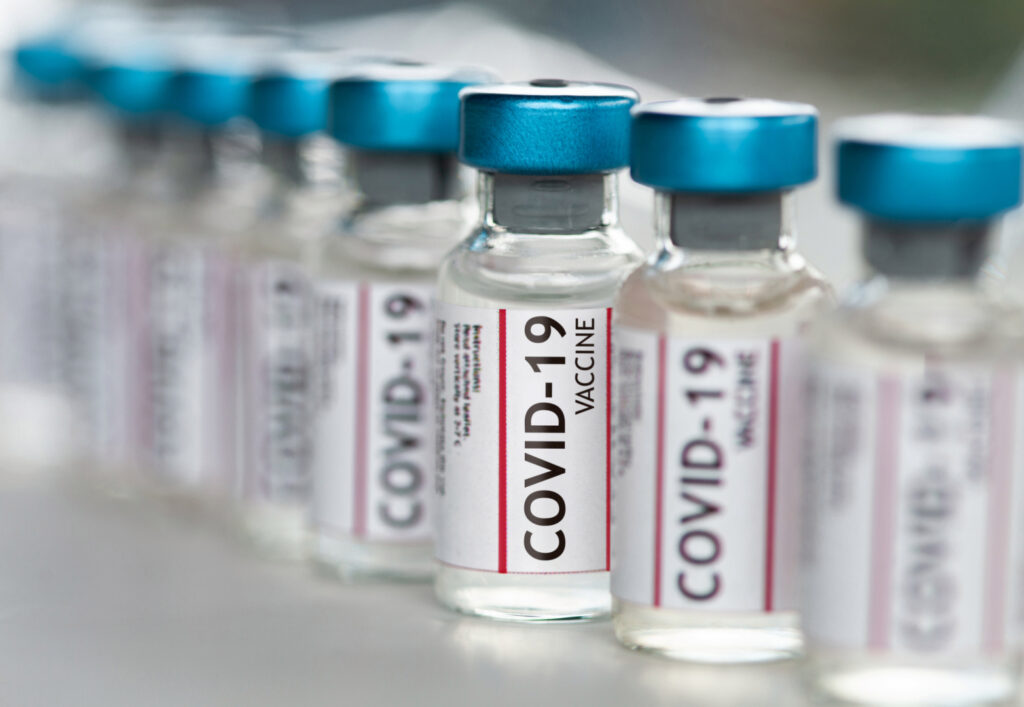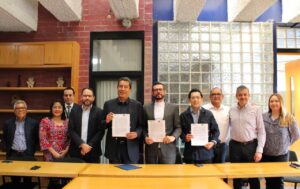LOS ANGELES–(BUSINESS WIRE)–The United States faces renewed challenges in battling COVID-19’s persistence and resurgence. Existing hopes for a decline in the pandemic are shattered due to a sudden surge in new infections. The nation’s epidemiological surveillance system is distressingly inadequate.
AIDS Healthcare Foundation urges the US government to take swift action. Specifically, the call is for an expedited genomic sequencing of positive COVID-19 cases nationwide. Additionally, a cohesive and comprehensive plan for a robust virus monitoring network is imperative.

Current statistics paint a stark picture of the pandemic’s resurgence. New cases soar by a staggering 129.3% from their lowest point in June 20, 2021. The dominant strain, the highly contagious Delta variant, remains prevalent. However, the US lags in tracking and identifying new strains compared to other developed nations.
The Need for Genomic Sequencing
According to the Global Initiative on Sharing All Influenza Data, the US significantly trails in surveillance, sequencing and sharing genomic data. Merely 1.89% of reported COVID-19 cases have been sequenced and shared since 2020. In contrast, the UK and Australia have sequenced 10.5% and 58.5% of cases, respectively.
Chief Executive of the AHF Global Public Health Institute, Dr. Jorge Saavedra, stresses the urgency. SARS-CoV-2’s inherent genetic variability necessitates vigilance:
“Mutations lead to variants that may resist existing vaccines. A robust genomic sequencing system becomes crucial to adapt treatments, prevention, and diagnostics.”
Dr. Saavedra, a medical doctor specializing in infectious diseases, emphasizes the necessity of tracking the virus’s mutations. He asserts the need to align strategies with the evolving virus. Only through proactive genomic sequencing can the healthcare system stay abreast of the virus’s changes and refine responses accordingly.
Funding for Surveillance is Falling Behind
A recent Business Insider report scrutinizes the US’s lag in Delta variant understanding. The nation’s sequencing shortfall stems from diverse approaches nationwide. This patchwork includes logistical hurdles and privacy-related regulatory constraints.
Dr. Saavedra underscores the government’s substantial pandemic funding for surveillance. Despite invoking the Defense Production Act, progress remains disappointingly sluggish. GISAID data highlights the delayed rollout:
“The US, equipped with advanced scientific and technological capabilities, should lead and aid global sequencing efforts. Urgently needed is an actionable plan to avoid nurturing more infectious variants.”
AHF responds by initiating a grant program for global sequencing expansion. Efforts span countries like the US, Uganda, Kenya, Brazil, Mexico, Jamaica, Trinidad, India, Ukraine, Philippines, and Thailand. The US government, akin to AHF’s support, could bolster sequencing abroad. A model example includes support through institutions like the Global Fund to Fight AIDS, Tuberculosis, and Malaria.
Such collaboration mutually benefits nations. Dr. Saavedra emphasizes global safety, stressing that a secure world necessitates collective safety. Genomic sequencing stands as a linchpin for global health solidarity and security. All countries must partake in this crucial endeavor for comprehensive safety.
AIDS Healthcare Foundation, the largest global AIDS organization, currently provides medical care and/or services to over 1.5 million clients in 45 countries worldwide in the US, Africa, Latin America/Caribbean, the Asia/Pacific Region and Europe. To learn more about AHF, please visit our website: www.aidshealth.org, find us on Facebook: www.facebook.com/aidshealth and follow us on Twitter: @aidshealthcare and Instagram: @aidshealthcare









